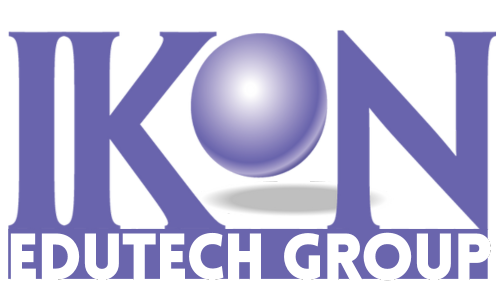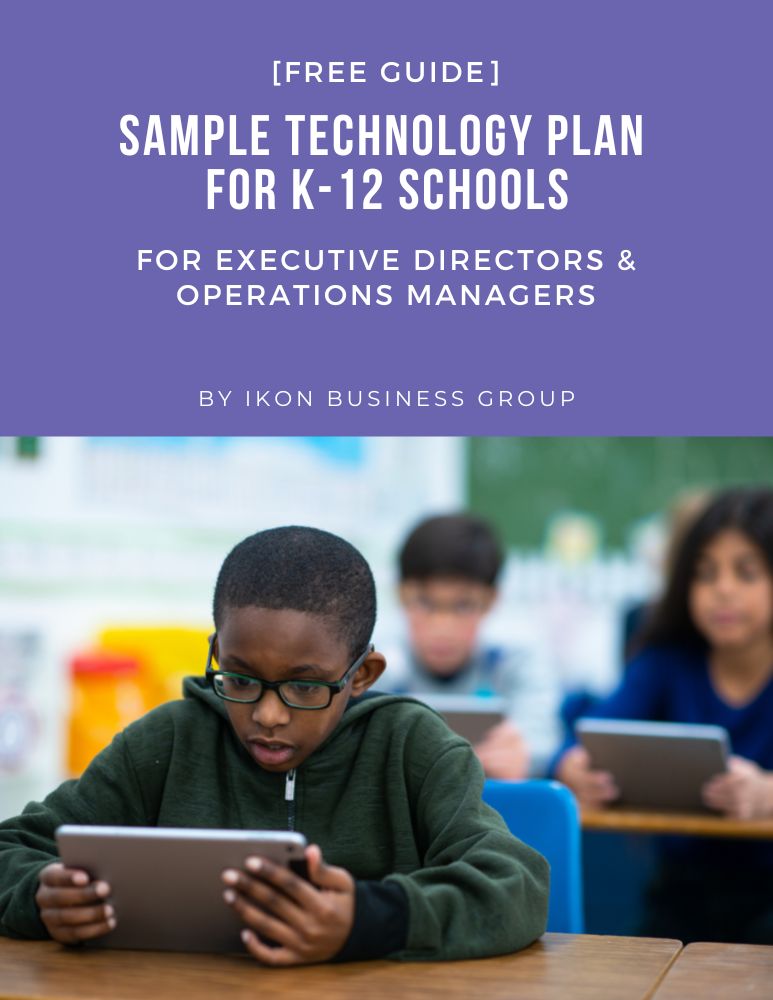Real talk: Whether technology is your full-time focus or just one of many hats you wear, the pressure is real. Every Wi-Fi outage, compliance audit, and Chromebook meltdown ends up on someone’s plate. And if you’re like most school leaders I know, you’re juggling this tech chaos while still trying to meet academic benchmarks, build trust with families, and keep your staff sane.
So, when it comes time to choose a Managed Service Provider (MSP) or outsourced IT partner, the stakes couldn’t be higher. You need more than a helpdesk. You need a mission-aligned ally, one who understands that your infrastructure decisions are directly tied to student outcomes.
Here’s your litmus test for finding an MSP that truly gets it:
1. They Speak Fluent K-12
Most K-12 schools run lean, move fast, and wear way too many hats. A great MSP should understand the realities of per-pupil funding, high-stakes accountability, and the regulatory alphabet soup (Ed Law 2-D, FERPA, E-Rate, etc.).
Look for providers who can name-drop iReady, PowerSchool, Clever, and Google Workspace like they’re part of the school family. Bonus points if they’ve supported charter renewals or helped draft tech sections of board presentations.
2. Their Support Isn’t Just Fast – It’s Human
When your testing platform crashes five minutes before the ELA state exam, a ticket system won’t cut it. You need someone who picks up the phone, knows your school’s setup, and treats your crisis like their own.
Ask about their average response times during school hours. Push for embedded support options or co-managed models where you can count on a dedicated technician who’s not just available but proactive.
3. They View Cybersecurity as Instructional Insurance
Cybersecurity isn’t an IT issue. It’s an equity issue. One phishing email or leaked student record can jeopardize funding, trust, and learning time.
A high-quality MSP will offer:
- Risk assessments tailored to K–12 environments
- FERPA/Ed Law 2-D compliance coaching
- Staff training with simulated phishing tests
- Clear incident response protocols
They won’t just install antivirus software—they’ll build a culture of digital safety.
4. They Don’t Just Fix Problems—They Prevent Them
Great MSPs aren’t reactive; they’re strategic. They should help you build a 3-to-5 year IT roadmap aligned with your growth and instructional goals.
Whether you’re opening a new campus or rolling out a blended learning initiative, your tech plan should support your vision, not just your devices. Ask if they conduct annual audits, help with procurement, and advise on grant matching (E-Rate, ESSER, etc.).
5. They Understand That Instructional Technology Is Not Optional
Your teachers aren’t looking for cool gadgets. They’re looking for tools that remove barriers, foster engagement, and close achievement gaps. Your MSP should be an instructional partner, not just a network administrator.
That means:
- Helping you evaluate LMS platforms
- Supporting device rollouts with training
- Managing mobile device management (MDM) systems
- Troubleshooting with teachers, not just for them
6. They Make You Feel Seen, Not Sold To
If you feel like a dollar sign instead of a partner, run. The best MSPs lead with empathy and integrity. They’ll take time to understand your school culture, listen to your pain points, and propose solutions that make your life easier.
During the vetting process, notice how they talk about schools. Do they speak about “clients” or “communities”? Do they understand the weight of your work, or are they just selling buzzwords?
7. They Help You Build Staff Confidence, Not Just Systems
Many school leaders I know are onboarding new staff faster than ever. That means a constant stream of help desk tickets from folks who are smart but not tech-savvy. A good MSP doesn’t shame or talk down—they coach, empower, and educate.
Ask if they offer:
- Onboarding tech orientations for staff
- Quick reference guides or FAQ portals
- Patient, culturally competent support
8. They’re Mission-Driven, Not Just Metrics-Driven
Your school isn’t a business. It’s a beacon for equity, opportunity, and transformation. Your MSP should share that mindset.
Look for vendors who:
- Have experience with community-based organizations
- Center student outcomes in their pitch, not just uptime guarantees
- Hire techs who reflect the communities you serve
Final Thought: The Right Partner Lets You Exhale
You don’t need more tools. You need peace of mind. You need a tech partner who will carry the weight with you, anticipate your needs, and create breathing room so you can focus on your real job: changing lives.
So ask the hard questions. Insist on alignment. And never forget: Your tech infrastructure isn’t just wires and Wi-Fi—it’s the scaffolding of your mission.
Choose a partner who honors that.
Need help evaluating your current IT setup or vetting potential MSPs? Let’s connect. We’re here to help you turn tech from a stressor into a strategic win.


